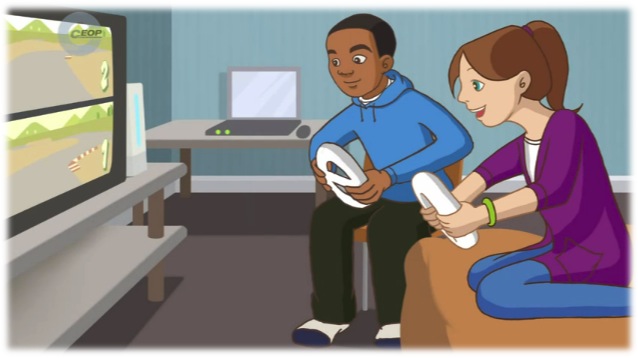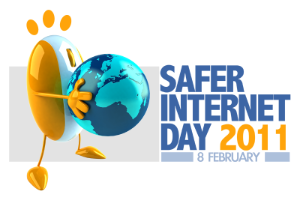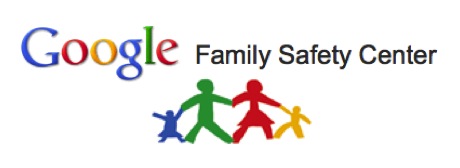
New research reveals extent of mobile web safety hazards
· 85% of children don’t have parental controls activated on their mobile phone
· 68% of parents think children accessing adult content on their mobile phone is a growing problem
· 81% of parents agree that they need more information and guidance on how to stop their children accessing adult content via their mobile phones
· Tanya Byron and The Carphone Warehouse launch free advice booklet on how parents can keep their children safe
New research involving 3,000 parents is being released today by The Carphone Warehouse. The results highlight an increase in mobile web browsing by young people, and a growing concern by parents as to the kinds of content they are freely accessing.
With the rise of smartphone technology, many parents are unaware that risks to their children, like inappropriate content, identity theft and cyber-bullying are now as significant on the phone as they are on the computer. And yet, compelling new research shows that over three quarters (85%) of children with smartphones don’t have parental controls activated.
48% of parents who took part in the research, conducted by YouGov, wrongly thought it wasn’t possible for their child to download adult content on their mobile phone, and only just over half had any concerns about the safety of their child’s identity online. As a result, just 15% of children have parental controls activated to protect them from such dangers; with parents either unaware of the risks (46% of parents haven’t activated controls because they didn’t think they were necessary), or unaware that protection is available (40% of parents haven’t activated controls because they didn’t know they existed).
The results add further weight to Professor Tanya Byron’s advice to the Government earlier this year (March 2010) which called for the industry to do more in order to tackle the issue of child internet safety. The Carphone Warehouse is today announcing a partnership with Professor Tanya Bryon to highlight the risks of mobile web usage for young people and offering guidance on how to be safe online.
With recognition that advances in technology will mean greater threats in the future (68% of parents think children accessing adult content on their mobile phone is a growing problem), over 80% of parents agree that they need more information and/or guidance to help combat them. What’s more, with the majority of parents believing that they have the most responsibility when it comes to protecting children online (60%) this is advice that’s urgently required.
Professor Tanya Byron, who has been advising the Government on child internet safety since 2007, said. “Online risks to children are as prevalent when they access the internet via their mobile phone as when they access it via their PC or laptop. However, the two aren’t treated the same – partly because the latter is a much more recent phenomenon; the recent influx of smartphones to the market means these are no longer just for business, but accessible to a much wider proportion of the market… including children. We need to apply everything that we’ve learnt through our research so far and make sure the same understanding, precautions and restrictions are applied to children using mobile phones to guarantee their online safety.”
A free advice booklet is being offered from today at all 800 Carphone Warehouse stores across the UK in which Tanya Byron outlines three key phases to help parents achieve this – Talk, Act and Engage. The ‘Talk’ phase advises parents to take an interest in their children’s lives; currently only one fifth of parents (21%) know everything that their child does on their mobile phone. ‘Act’ employs a number of devices at the parent’s disposal, including setting network filters – of which 72% of parents weren’t aware existed, and adjusting privacy settings on social networking profiles. Finally, ‘Engage’ encourages parents to try things out for themselves like getting their own social networking pages and starting a blog.
Andrew Harrison, CEO of The Carphone Warehouse, said, “We know how seriously parents take internet safety when it comes to the home computer. However, the idea of mobile web safety is still a relatively new concept for many. Smartphones bring a whole host of benefits to everyday life but parents need to be savvy to children’s usage in order to avoid possible dangers. To help bring parents up to speed, we’ve developed a free booklet which includes lots of useful advice and can be found in our 800 stores across the UK. We’ve worked with Professor Tanya Byron to provide some easy to follow tips so that parents can be confident they’re helping to keep their children safe while leaving them free to enjoy all the fantastic features of their mobile phone.”
The advice is developed in the booklet developed by Tanya and The Carphone Warehouse, which combines her own research with statistics provided by the mobile phone retailer as a basis for understanding what action is needed.







